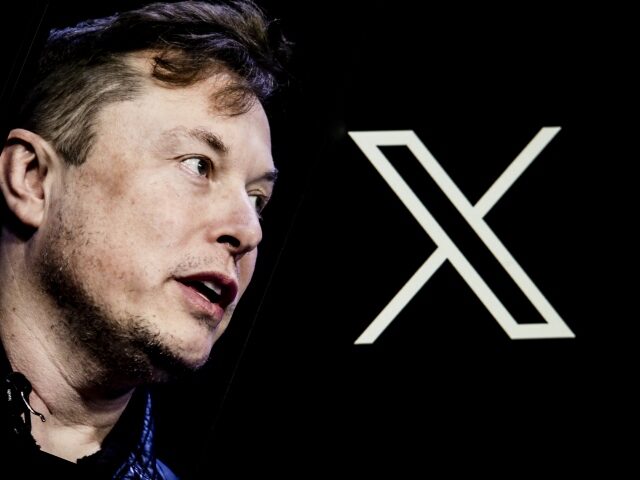Elon Musk’s X, formerly known as Twitter, has been intentionally slowing down the speed at which users can access links to certain news organizations and online competitors, including the New York Times and Facebook, a move that appears to be targeted at companies that Musk has a personal grudge against.
The Washington Post reports that Elon Musk’s social media company X (formerly Twitter) has come under scrutiny for its decision to slow down the speed at which users can access links to certain websites. This move appears to be targeted at companies that have clashed with Musk in the past. Users who clicked a link on X/Twitter for one of the targeted websites had to wait about five seconds before seeing the page.
Several websites, such as Facebook, Instagram, Bluesky, Substack, Reuters wire service, and New York Times, experienced delays. The delay impacts the t.co domain, which is a link-shortening service used by X/Twitter to process every link posted on their website. This service allows the paltform to monitor and limit traffic to the target website, which could potentially result in a decrease in ad revenue and traffic for businesses disliked by X/Twitter.
A statement from Charlie Stadtlander, spokesperson for the Times, confirms that they have also noticed the systemic delays and have not received any explanation from the platform. Stadtlander expressed concern over targeted pressure applied to news organizations without clear reasons. The rationale behind the time delay remains unknown.
In a statement, Substack requested X/Twitter to reconsider its decision of introducing a delay on Substack links. “Substack was created in direct response to this kind of behavior by social media companies,” they said. “Writers cannot build sustainable businesses if their connection to their audience depends on unreliable platforms that have proven they are willing to make changes that are hostile to the people who use them.”
Breitbart News reported earlier this year on Musk’s spat with Substack, which involved censorship of links:
Forbes reports that Elon Musk, has spoken out about the dispute between the social media behemoth and the online publishing platform Substack, particularly in relation to Twitter Files journalist Matt Taibbi. Twitter was accused of severely restricting the sharing of Substack content, by Taibbi, who announced his plans to leave Twitter on Friday. In his reply, Musk attacked Taibbi as a liar and insisted that Substack links had never been blocked.
“Substack links were never blocked. Matt’s statement is false,” Musk tweeted on Saturday. Incredibly, Musk’s statements were fact checked by his own community notes system.
Online businesses invest millions of dollars to make sure their websites load as quickly as possible since they are aware that even little delays can cause a significant drop in traffic as consumers leave their site in frustration.
It seems that Musk has not hesitated to use the technical resources of X/Twitter to pursue personal vendettas. Back in December, Twitter took action against an account called ElonJet, which was used to track Musk’s private jet. As a result, journalists who reported on the incident were banned, and the official Mastodon account was suspended for mentioning ElonJet in a tweet.
Recently, the website implemented some technical roadblocks to hinder Twitter users from accessing rival Mastodon. They marked the website as “unsafe” and disallowed users from adding Mastodon links to their profiles.
Read more at the Washington Post here.
Lucas Nolan is a reporter for Breitbart News covering issues of free speech and online censorship. Follow him on Twitter @LucasNolan


COMMENTS
Please let us know if you're having issues with commenting.